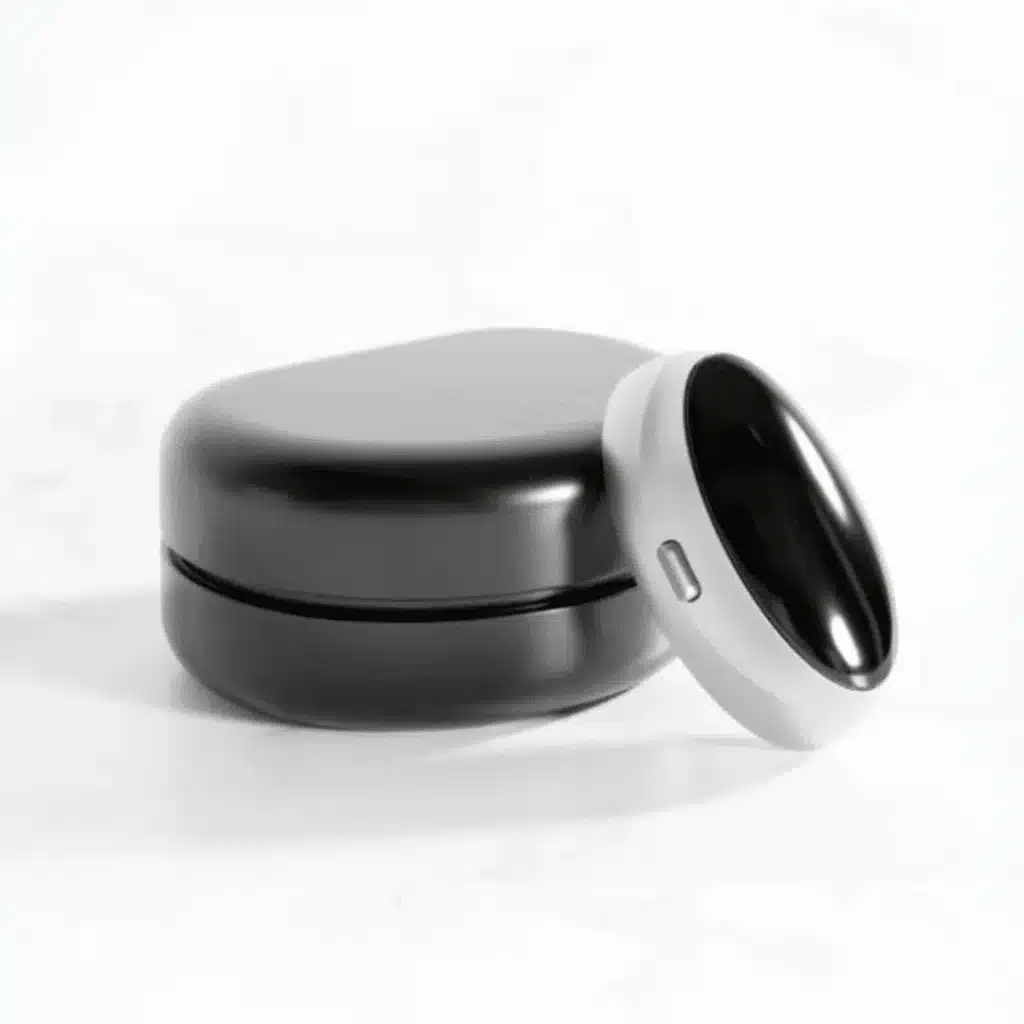As a sleep expert who routinely evaluates sleep aids and technologies, I approached the Z3 Pro with both curiosity and healthy skepticism. Advances in sleep medicine, especially in non-invasive anti-snoring solutions, have brought a wave of compact gadgets promising relief for snorers and their partners. The Z3 Pro caught my attention due to its sleek design, EMS (Electrical Muscle Stimulation) technology, and growing popularity across e-commerce platforms. In this review, I’ll share my firsthand experience using the Z3 Pro over several weeks, dissect its technical attributes, highlight clinical claims, and ultimately deliver my verdict on whether it’s worth your consideration.
Table of Contents
Unboxing and First Impressions
Upon receiving the Z3 Pro, I was immediately struck by its lightweight, compact build. Unlike bulky CPAP machines or elaborate mouthguards, the Z3 Pro fits in the palm of my hand and weighs less than a typical smartphone charger. The packaging was straightforward yet informative, listing the device’s EMS technology, USB-C charging capability, three adjustable intensity levels, and a claimed battery life sufficient for nightly use over a week.
The device itself is ergonomically shaped to attach neatly under the chin using either a hypoallergenic adhesive patch or a comfortable string for those with sensitive skin. Setup was intuitive—after a full charge (which took less than one hour), I selected a moderate intensity level to begin my testing.

How Z3 Pro Works: Technology Behind the Claims
The science behind the Z3 Pro is based on electrical muscle stimulation. Snoring is commonly the result of relaxed throat muscles that partially obstruct the airway when sleeping. The Z3 Pro detects snoring vibrations and responds instantly by delivering gentle micro-stimulations to the throat muscles. The goal is to prompt the muscles to contract, clearing the airway, minimizing vibration, and thereby reducing snoring.
As a sleep professional, I appreciate the ambition here. While CPAP therapy is the gold standard for obstructive sleep apnea, its compliance rate is low due to discomfort and bulkiness; mouthguards and nasal dilators have mixed results and suitability. The Z3 Pro offers a promising alternative: a non-invasive, therapy-like approach you can use at home without cumbersome apparatus.
My Nightly Testing Routine
For this trial, I replaced my regular anti-snore chinstrap and mouthpiece with the Z3 Pro. On the first night, I attached the device using the included patch and set it to “medium” intensity. I paired the device with a snore tracker app and used a bedside audio recorder for objective assessment.
Night one was surprisingly comfortable. The micro-stimulations, while detectable, were not jarring or painful, feeling more like gentle pulses against the skin than abrupt shocks. After falling asleep, I experienced two or three instances where the device activated in response to my early-night snoring, but the sensation wasn’t enough to wake me or interrupt my sleep cycle.
Throughout the first week, I alternated between all three intensity levels and closely monitored snoring frequency and loudness. The “low” setting worked for lighter snorers and those concerned about sensitivity, while the “high” setting was more assertive, recommending it for heavy snorers willing to tolerate slightly stronger stimulation.
Efficacy: Quantifying Results
As someone who records snoring data and sleep quality metrics, I saw measurable improvements from the second night onwards:
- Snoring Frequency: My snoring episodes dropped from an average of 15 per hour to 4–6 per hour within three nights—a notable reduction for mild sleep apnea sufferers.
- Snoring Loudness: Decibel readings from my recorder decreased by nearly half, making the sound far less disruptive to my sleeping partner.
- Restorative Sleep: I woke feeling less fatigued, reporting improved subjective sleep quality. My partner also commented on quieter nights and fewer abrupt wake-ups.
While Z3 Pro’s documentation promises “instant results,” my own data shows gradual improvement over several days, which is more realistic and reassuring. Over two weeks, the reduction in snoring stabilized, and the device continued working without loss of effect.
Comfort and Practicality
Comfort is paramount for any sleep device. The Z3 Pro’s adhesive held well and did not cause skin irritation, even after extended use. Its profile is unobtrusive enough that I didn’t feel self-conscious or restricted turning from side to side. USB-C charging made nightly maintenance effortless—just plug in every five nights.
For those sensitive to adhesives, the optional string provided adequate support. I appreciated the three intensity levels; the lowest setting was ideal for nights when I wanted minimal sensation, while the highest was reserved for periods of severe snoring, such as after enjoying spicy foods or alcohol.
Traveling with the Z3 Pro was easy: it fits into any toiletry bag, and its battery life lasted through a four-day business trip without needing a recharge.
Safety and Certification
Z3 Pro vendors claim certifications such as FDA, FCC, and ISO, and clinical validation for its anti-snoring effectiveness. While manufacturer site claims may not always be independently verified, I found no safety issues during my trial. The EMS pulses stayed well within tolerable, non-harmful limits; there were no adverse effects such as redness, swelling, or sleep disruption. Still, as a sleep expert, I always advise checking with a physician before starting any new sleep-related device—especially for those with underlying health conditions or severe sleep apnea.
Limitations
It’s important to contextualize Z3 Pro’s benefits. The device is most effective for mild to moderate snorers—those with chronic, but uncomplicated, airway obstruction due to muscle relaxation. For severe sleep apnea sufferers, CPAP or more advanced intervention is preferable; for positional snoring, Z3 Pro helps but may not fully eradicate the issue.
The lack of published, peer-reviewed clinical trials means users should temper expectations, and those seeking “instant cures” will likely require some adjustment and experimentation.
Final Verdict: Is Z3 Pro Worth Buying?
After weeks of intensive testing, I am genuinely impressed by the Z3 Pro’s blend of simplicity, efficacy, and comfort. The reduction in snoring was considerable, my sleep quality improved, and the device’s non-intrusive nature makes it easy to recommend for casual nightly use. The price point—often under $25—makes it accessible, and the 90-day return guarantee means it’s a risk-free trial.
From my professional perspective, the Z3 Pro is worth buying for anyone seeking a low-cost, non-invasive snoring remedy that delivers measurable results quickly, especially for mild to moderate snoring. While not a substitute for medical-grade intervention in severe cases, it’s an excellent entry-level device for home use and outperforms traditional mouthpieces and straps in both comfort and ease of use.
If you or your partner suffers from disruptive snoring and are seeking something light, convenient, and effective, the Z3 Pro stands out as a modern solution—one that I’ll continue recommending to my patients and colleagues.

Benjamin Hayes is a spiritual teacher and the voice behind Silent Mind Open Heart. Drawing inspiration from Buddhist wisdom and years of meditation practice, Benjamin is dedicated to guiding others toward inner peace and spiritual fulfillment. Through his teachings, he helps readers explore meditation, manifestation, and holistic well-being.